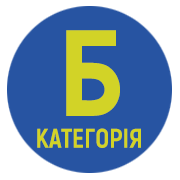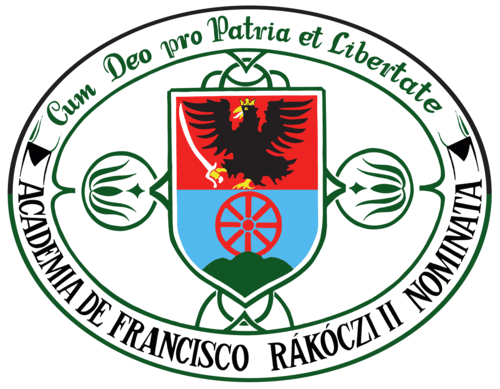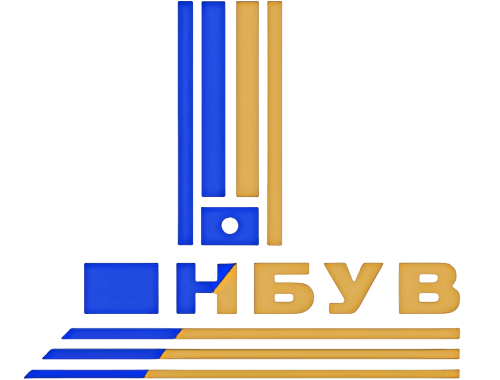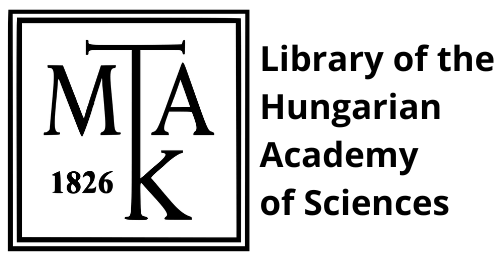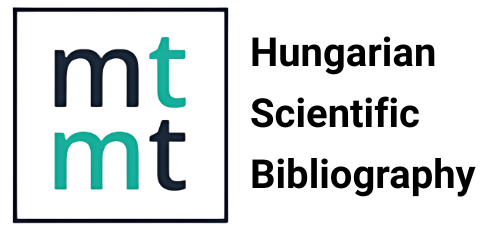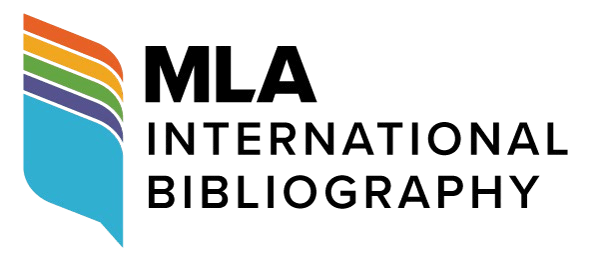Гіреш-Ласлов Корнелія – Кормочі Золтан – Марку Аніта – Матей Рейка – Товт-Орос Еніке – Черничко Степан 2020
Помилковий шлях мовної політики України: Закон України «Про забезпечення функціонування української мови як державної» (аналітичний огляд)
DOI:
https://doi.org/10.58423/2786-6726/2022-1-185-187Ключові слова:
Україна, мовна політика, державна мова, мови національних меншин, мовний законАнотація
Törökbálint: Termini Egyesület
The book deals with current language policy issues, analysing the Law of Ukraine “On Supporting the Functioning of the Ukrainian Language as the State Language” adopted by the Verkhovna Rada of Ukraine in 2019 (URL1). The volume, written by Transcarpathian Hungarian linguists, begins with a foreword by Petteri Laihonen, in which he notes that language policy in Ukraine is largely charged with emotions and passions, and that while the language legislation was being drafted, news of fist fights in the Kyiv parliament's chamber were spreading around the world.
The new law makes the use of the state language compulsory in all areas of social life and restricts minority language rights, including the use of minority languages as languages of instruction. The law does not resolve the social tensions around the language issue, but is a source of further conflict.
The book contains five chapters, and provide a detailed analysis of the 2019 Ukrainian State Language Law. The introduction provides to the language situation in Ukraine. The language issue in Ukraine is highly politicised, as has been pointed out by researchers and experts from international organisations (including the Venice Commission). Linguistic conflicts have also been used as a pretext for the outbreak of the Russo-Ukrainian war, the annex of Crimea and the armed conflict in the eastern regions of Ukraine, which has claimed thousands of lives. During the Soviet Union's existence, the Russian language was more strongly supported in Ukraine, which was part of the USSR, than Ukrainian and other languages. After the collapse of the Soviet Union, the Russian community became a minority in the Ukrainian state, which became independent in 1991. In Ukraine, Ukrainian is the only state language, the minority issue is almost identical to that of the Russian community, and the proportion of other ethnic or linguistic groups besides Ukrainians and Russians is not significant. The breakdown by mother tongue in Ukraine according to the 2001 census data was as follows: Ukrainian (67.53%), Russian (29.59%), other (2.88%). The language policy in Ukraine considers the strengthening of the position of the Ukrainian language as one of its main goals, which leads to conflicts.
The second chapter deals with the language laws that were adopted before 2019 and regulated language use: The Law “On the Languages of the Ukrainian Soviet Socialist Republic” (1989), “On the Ratification of the European Charter for Regional or Minority Languages” (2003), “On Principles of the State Language Policy” (2012). The scope of each law is examined in terms of the languages and administrative level covered, the proportion of the country's population affected, and the demographic threshold for the use of minority languages in official situations. For example, according to the 2012 law, minority languages were allowed to be used in oral and written administration in offices and local self-governments if the proportion of native speakers reached 10% in the territory of an administrative unit. Local governments had to publish their resolutions in minority languages in addition to Ukrainian. However, the law was repealed by the Constitutional Court of Ukraine in 2018 (for formal reasons).
The most extensive part of the publication deals with the analysis of the law of Ukraine „On Supporting the Functioning of the Ukrainian Language as the State Language”. The subchapters interpret the circumstances of the adoption of the law, the preamble, the status of the Ukrainian language; describe the use of languages in the public sphere, education, justice, public administration, mass media, culture and sports; and discuss the sanctions and penalties for violating the law on the state language.
The representatives of the authorities did not consult the representatives of national minorities on the text of the law. The 2019 law represents a step backwards from the previously mentioned laws, as it makes the use of the state language compulsory in all public arenas, and relegates minority languages to private life and church services. The law requires geographical names to be transcribed (transliterated) from Ukrainian into other languages, thus excluding the traditional use of place names in minority languages. Measures to promote the state language restrict the language use rights of persons belonging to minorities. The law promotes the hierarchical supremacy of the Ukrainian language, which leads to linguistic discrimination and inequality between citizens.
The fourth chapter discusses Ukraine's international commitments and the incompatibility of the State Language Law. The authors present the independent assessment of the Committee of Experts of the European Charter for Regional or Minority Languages 2017, which deals with Ukraine's commitments to minority languages in the context of the ratification of the Charter. The assessment by the independent international body shows that Ukraine had already failed to meet its international obligations to enforce minority language rights in 2017 (i.e. before the adoption of the new law). The Law on the State Language further restricts the linguistic rights of minorities, as the Venice Commission has pointed out (URL2). The opinion states that the law should be revised and brought into line with Ukraine's international commitments.
Chapter five contains the summary and conclusions, followed by a list of sources. The authors note that since 2014, Ukraine's language policy has undergone a fundamental change. The direction of change is clearly unfavourable for speakers of regional or minority languages, as Kyiv has significantly restricted the rights to use regional or minority languages. Since 2014, the Ukrainian government has adopted a number of new laws that significantly restrict the rights and possibilities to use minority languages. The book demonstrates that, although the legislator claims that the new law only contains norms on the use of the state language, in fact it is a law that other languages used in Ukraine, by restricting their use.
The publication, which is also available online in four languages (English (URL3), Ukrainian, Hungarian, and Russian), offers a wealth of lessons for different disciplines (linguistics, history, political science, law). The authors provide a professional analysis of the links between language policy and language use. It is hoped that the volume will have an impact on the development of Ukrainian minority language policy and on the increased promotion of minority language rights in Ukraine.
Посилання
URL1. Non-official English translation of the law:
https://www.venice.coe.int/webforms/documents/?pdf=CDL-REF(2019)036-e
URL2. https://www.venice.coe.int/webforms/documents/default.aspx?pdffile=CDL-AD(2019)032-e
URL3. https://hodinkaintezet.uz.ua/wp-content/uploads/2020/04/Ukrainian-language-policy-gone-astray.pdf
Downloads
Опубліковано
Як цитувати
Номер
Розділ
Ліцензія
Автори зберігають авторські права та надають журналу право першої публікації. Водночас робота ліцензується за умовами ліцензії Creative Commons Attribution 4.0 International License (CC BY 4.0), що дозволяє іншим поширювати матеріал за умови належного посилання на автор(ів) та первинну публікацію в цьому журналі.

